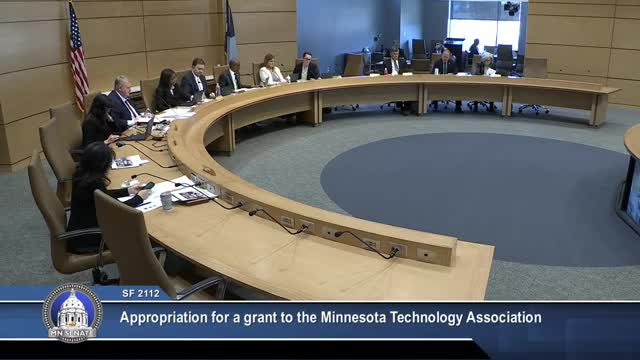Article not found
This article is no longer available. But don't worry—we've gathered other articles that discuss the same topic.
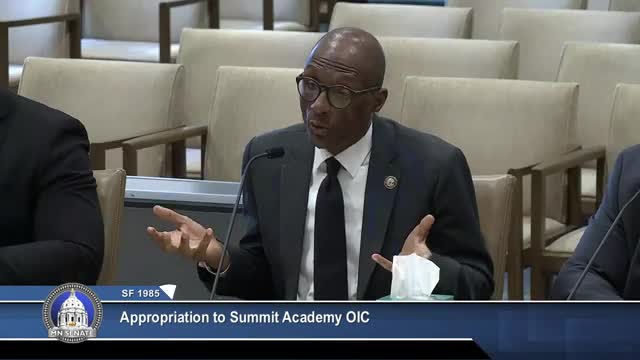
DEED policy bill would sunset two reports, allow commissioner designee on MJSP board; committee lays bill over
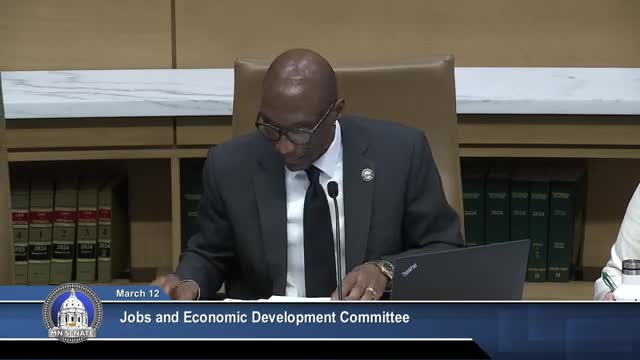
Special Olympics USA Games funding request aims to pair tourism dollars with employment summit for athletes
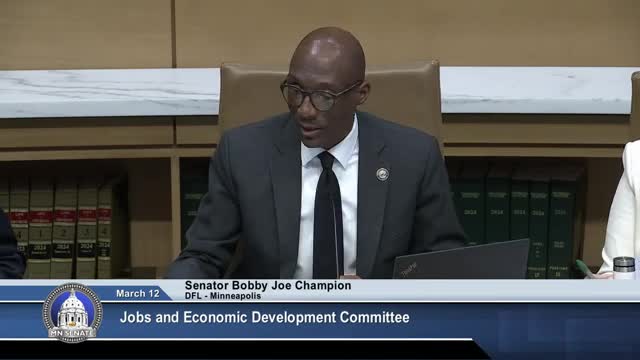
Senate file 2057 would fund value-chain grants for perennial "continuous living cover" crops
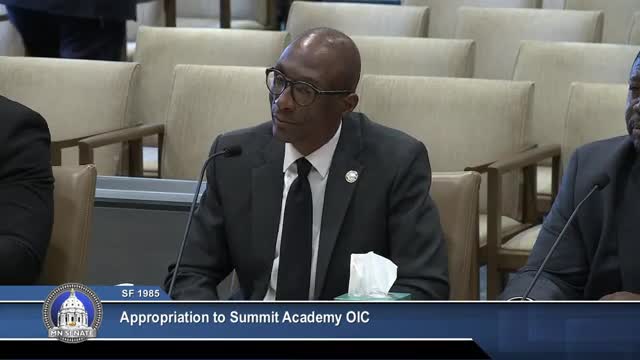
Summit Academy OIC seeks expanded funding to double enrollment; committee lays bill on table
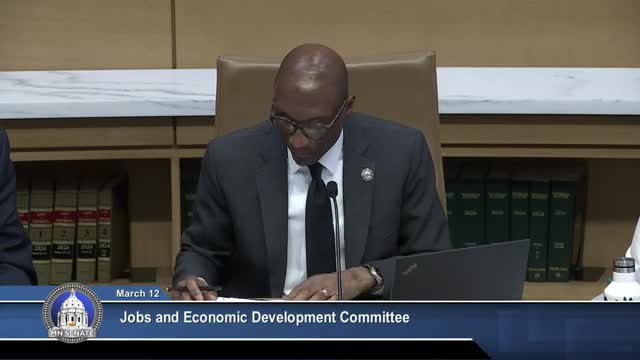
Committee hears testimony supporting American Indian OIC funding; bill laid on table
